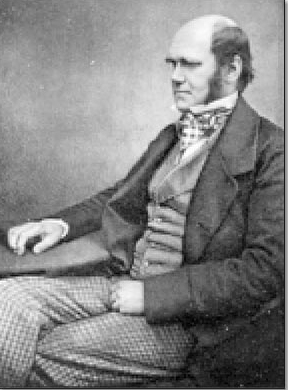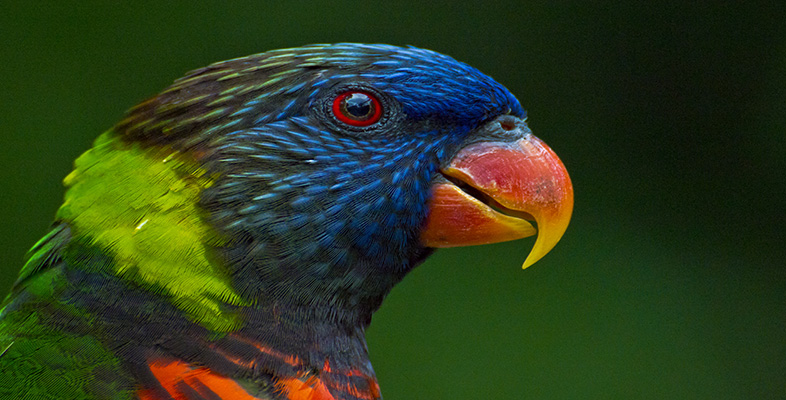1 Charles Darwin
Charles Darwin (1809-1882) briefly studied medicine in Edinburgh before going to Cambridge intending to become an Anglican clergyman. Soon after the voyage of the Beagle (1831-1836), during which he was gentleman companion to Captain FitzRoy, Darwin became convinced that biological evolution had occurred and saw how it could have been brought about by natural selection. Despite having gathered massive amounts of supporting evidence, Darwin refrained from publishing his revolutionary ideas on evolution for about 20 years until he was almost 'scooped' in 1858 by Alfred Russel Wallace (1823-1913). Darwin continued to live quietly in the country, 'enjoying' ill-health and working on a wide variety of biological problems, as the rest of the world struggled to come to terms with the implications of evolution.

The word 'evolution' means 'change over time' and it can be used in relation to anything that has a history; thus, we could describe the evolution of the motor car or of parliamentary democracy. Biological evolution refers to the fact that the many organisms that inhabit the Earth today are different from those that existed in the past. The processes that have brought about changes among living organisms are many and varied and one of them, but only one of them, is natural selection.
In this , we describe the theory of evolution by natural selection as proposed by Charles Darwin (Figure 1) in his book, first published in 1859, On The Origin of Species by Means of Natural Selection, or The Preservation of Favoured Races in the Struggle for Life. Incidentally, the title of this book, which is generally abbreviated to The Origin of Species, is somewhat misleading, as Darwin wrote rather little about how new species are formed, but did write a great deal about adaptation. It is important to note that, at the time when Darwin was writing, there was no knowledge of the mechanism for a crucial aspect of his theory, the passing of characters from parents to offspring. Darwin was aware that inheritance is a fundamental feature of living things, but he had no knowledge of DNA or chromosomes. In this , we will look at natural selection as Darwin did, taking inheritance for granted, but ignoring the mechanisms underlying it.
You have almost certainly heard of natural selection before and probably have an idea of what it means. But the way that the term 'natural selection' is often used in newspapers and the like can be misleading. To clarify the scientific meaning, we will begin by describing the theory of natural selection as set out by Darwin, and then consider a specific example of evolution by natural selection.
